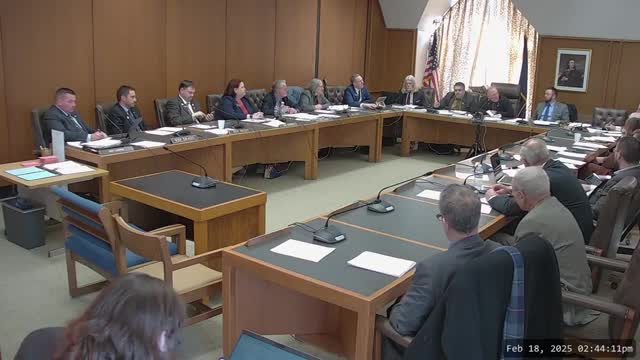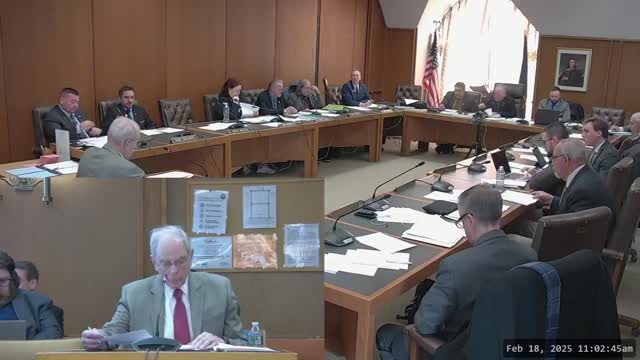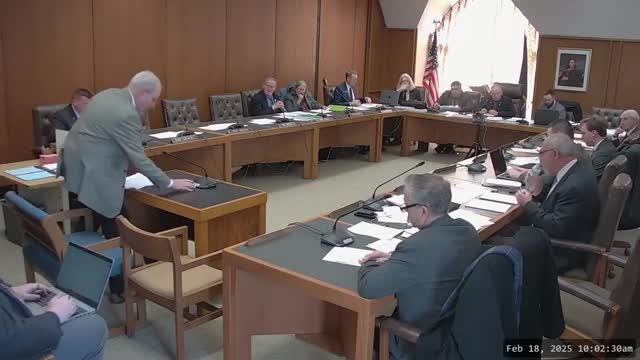Article not found
This article is no longer available. But don't worry—we've gathered other articles that discuss the same topic.

Committee declines to advance tip-disclosure bill after debate over required examples and recordkeeping

Panel rejects proposal to raise workers' compensation wage-replacement to 66—1'3% after insurer and actuary testimony

